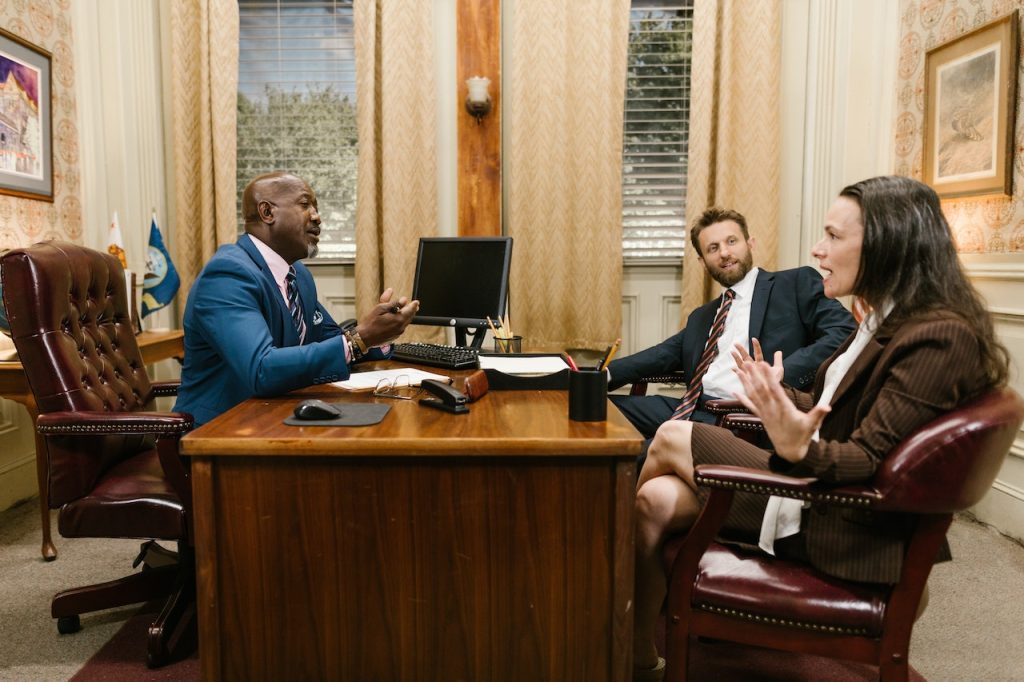Reliable data recovery services offer critical support for individuals and businesses facing hard drive or storage failures. When valuable data becomes inaccessible due to corruption, physical damage, or system errors, professional recovery solutions are essential for restoring lost information. These services are typically equipped with specialized tools and cleanroom environments that can safely access damaged drives and retrieve data without causing further harm. A key strength of reliable recovery services is their ability to diagnose the root cause of failure efficiently. Whether the issue stems from accidental deletion, formatting, mechanical issues, or software glitches, skilled technicians use comprehensive diagnostic tools to assess the situation. This precision allows them to develop targeted strategies for recovery, improving the success rate and minimizing risks during the process.

Data recovery professionals also prioritize data integrity and confidentiality. Secure protocols are followed at every stage to protect sensitive information from unauthorized access or tampering. By maintaining strict data handling practices, these services ensure that clients can trust their data is in safe hands throughout the recovery cycle. Confidentiality agreements and controlled lab environments further reinforce this trust. Modern recovery techniques can handle a wide range of devices, including internal and external hard drives, SSDs, USB drives, and RAID systems. These capabilities enable the retrieval of files lost to logical errors, hardware malfunctions, or even severe water or fire damage. The adaptability of these services ensures that clients can recover data from nearly any kind of digital storage device.
Speed is another important factor in data recovery services. In many scenarios, businesses need access to critical files as soon as possible to resume operations and avoid financial losses. Reliable providers offer expedited services to accommodate urgent cases, delivering results within tight timeframes without compromising quality or accuracy. Dependable Data Recovery Services provide essential solutions for recovering lost or inaccessible information from hard drives and storage systems. With advanced technology, experienced professionals, and a commitment to data security, these services support individuals and organizations in times of digital crisis. By restoring data effectively and securely, they help mitigate the impact of unexpected storage failures and promote continuity in both personal and professional environments.









